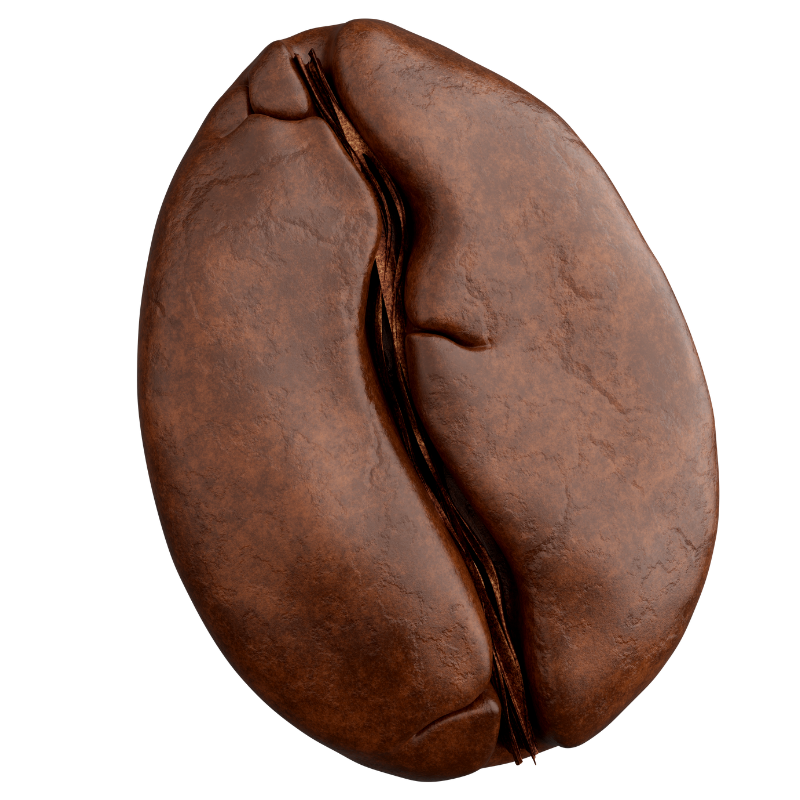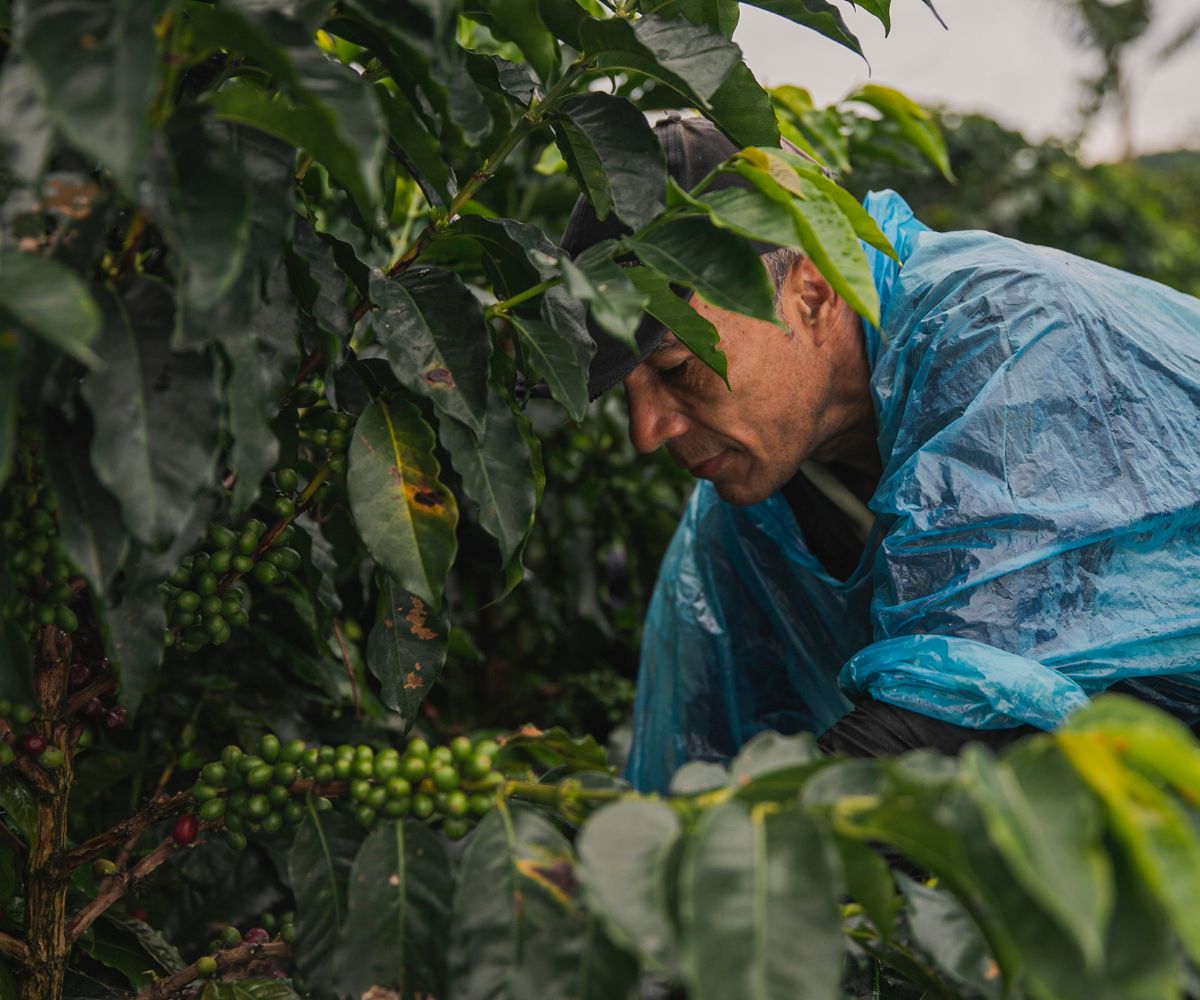Why Fairtrade does not necessarily mean fair
The idea that Fairtrade-certified coffee makes the world a little better with every sip is widespread in Europe. Unfortunately, this notion isn't supported by reality. Research has shown that we're misleading ourselves, and the actual impact of Fairtrade coffee is often different than we think.
Fairtrade is, above all, a gigantic market. In Austria, sales of Fairtrade products amounted to almost €400 million in 2020. One of the most important products in the business of good conscience is coffee. Whether crop failures or commodity speculators: the Fairtrade seal promises relief from the harsh reality. The Fairtrade system offers minimum prices, paid vacation, and an improved social system. These are all things that we and many of our fellow citizens support and want to support.
Sounds like a perfectly functioning system. Unfortunately, as is so often the case in our society, this idea was poorly implemented. For example, researchers at the University of London found that wages were sometimes higher and working conditions better in companies in Uganda and Ethiopia without the Fairtrade label. Researchers at the University of San Diego, after analyzing data from cooperatives in Guatemala, concluded that the benefits of Fairtrade are offset by the high certification costs.
Furthermore, Fairtrade primarily offers the incentive to sell the poor quality part of the harvest to Fairtrade. Fairtrade generally does not purchase the entire harvest. The rest goes to the open market. Let's illustrate what this means with a simple example: A farmer has two bags of beans of different qualities, of which Fairtrade only purchases one. For the excellent quality bag, the farmer would receive a significantly higher price on the open market than the average market price, while the other bag would be traded below the market price. The incentive is obvious: The good bag is sold directly, while the poor quality bag goes to Fairtrade, where it is also paid above the market price.
This is precisely where we come in. The King's Coffee team buys the beans directly from the farmers, ensuring fair compensation. This approach also ensures outstanding quality. Fair payment to the farmers is a matter of decency – even without a certification.


